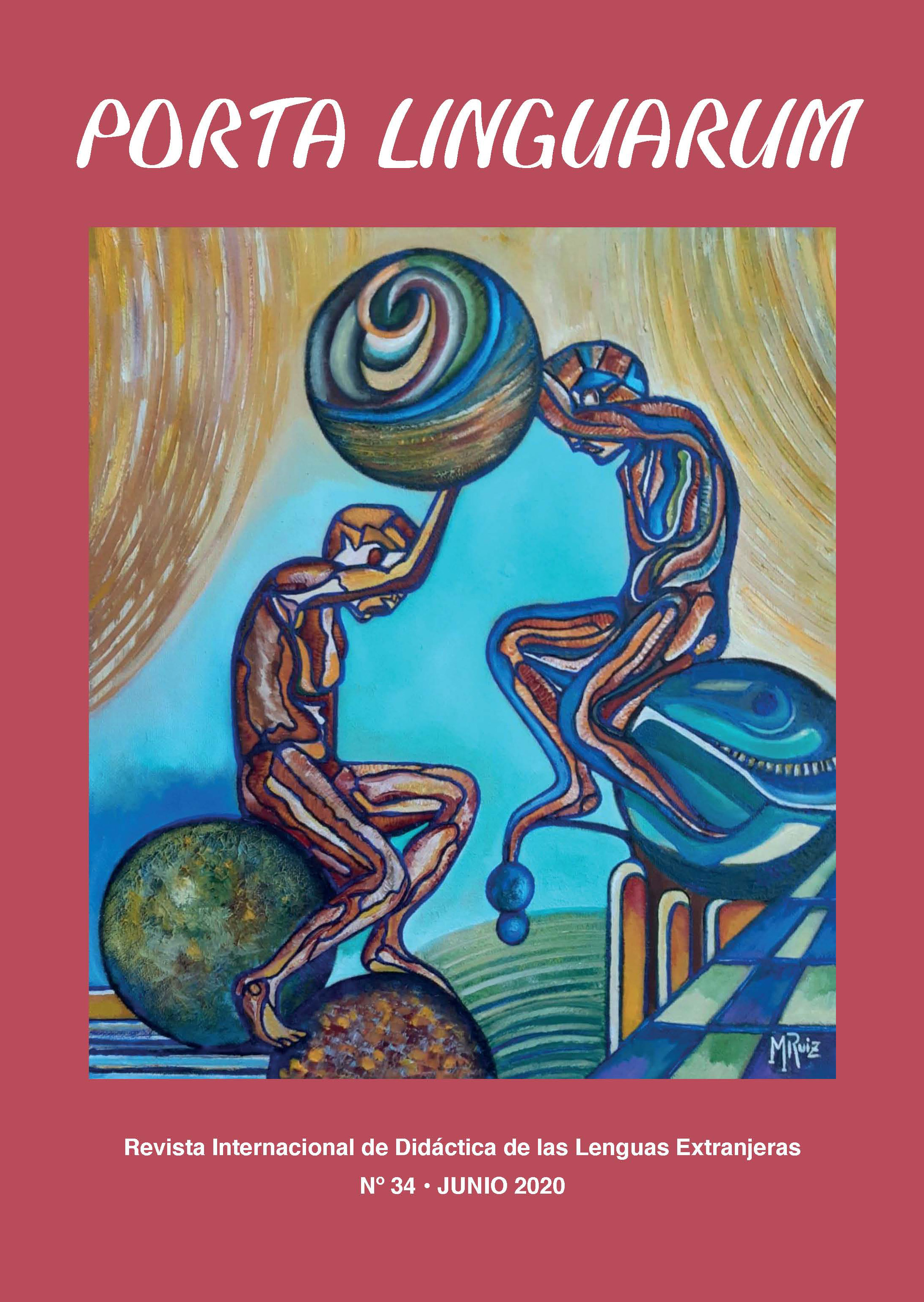Competencia Comunicativa Intercultural Crítica y escritura académica: análisis de los (sub)procesos de creación textual en estudiantes universitarios de Español Lengua Extranjera (E/LE)
DOI:
https://doi.org/10.30827/portalin.vi34.16739Abstract
The present study proposes the analysis of the different (sub)cognitive processes that are activated in written practice in order to improve the academic competency profile in Spanish Foreign Language (SFL) of Italian university students. The qualitative analysis provides relevant information from a group of 26 participants, basic users of the language. The textual samples collected have formed a linguistic corpus examined by means of evaluation rubrics, created in previous studies but adapted to the type of diagnostic test and the results revealed in the Needs Analysis on the academic competence level of informants. The diagnostic test has provided two actions: one guided and the other free that analyze the three dimensions of planning, textualization and review of written production.
The results provide interesting information about the cognitive processes inherent in textual creation and especially those developed through guided planning and understanding of discursive genres and textual typologies useful for academic writing. It also highlights optimal results in the application of the Critical Intercultural Communicative Competence (CICC) model which allows the teaching/learning of SFL to a functional and social approach to the language from the experiential and interpersonal meaning of the texts.
In particular, the results show an improvement in written discursive competence and an activation of (sub)cognitive processes both in the activity of critical understanding and in the process of conscious writing: (1) less errors in textual planning, in the organization of ideas and in the superstructure of the text-abstract; (2) an increase in the wealth of specialized vocabulary and the use of discursive markers and textual organization in the abstract genre; (3) simple syntax but with a textual construction that shows communicative intentionality (4) improvement of intercultural competence of the language, effective academic texts and socially committed to gender stereotypes in contrast to the culture itself and the L1.



















